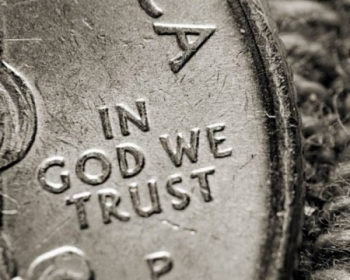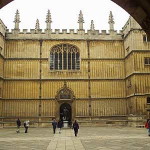
I can’t precisely date when exactly I realized that God loved me though it is the most life-changing idea I’ve encountered.
Similarly, I can’t quite date when I understood the significance of the death of Jesus. Of the Cross of Jesus. Of the purifying, protecting blood of Jesus.
As I began to understand them, they brought me a sense of protection. I somehow feel safe because I am covered by the blood of Jesus shed for me. I feel safe, because I can hid in Jesus who died for me.
* * *
The birth of Jesus is the central event in the history of the world. It bifurcates history, as recognized in the Gregorian calendar, the only internationally accepted civil calendar.
He died nailed to the beams of a cross. That cross stands out across the world, and its importance steadily deepens as it reverberates through human history, spanning its height and depth, its length and breadth.
In the cross all things hold together.
In the cross of Jesus, Judeo-Christianity makes sense, is a logically satisfying system, the system of sacrifices in atonement for sin ending with one perfect victim.
* * *
We are children of God, made in the image of God. God loves us. All of us.
Jesus explains that if even bad fathers give good gifts to their children, how much more would our heavenly father give us good gifts.
In fact, just as many parents would instinctively give their lives for their children, God allowed part of himself, his heart of hearts, his son, to volunteer to bear the punishment for humanity’s sins, to redeem us by his blood shed in our stead. The Sinless One suffered an unjust punishment to pay for the sins of the world.
The significance of the death of Jesus, the power of the life-blood of God, of the death and resurrection of God is vaster, deeper and higher than we realize.
Behold the Lamb of God who takes away the sins of the world, John cried. Whose sins did he take away? The world’s.
This is the blood of the new covenant which is shed for the forgiveness of sins. Whose sins? Perhaps anyone who wants his sins to be forgiven. And who does not?
Perhaps the blood of the all-powerful creator God cleanses all who crave for its cleansing, provides a new and living way to God for all who crave God.
Not just Jews, not just Protestants, not just Christians, but all men perhaps, the men of any tribe, and people and language and nation who will praise him they might have never known by the name of Jesus.
* * *
And the Cross changes who I am. There is now a clear pathway between me and God, me and the Spirit.
I am no longer just Anita, shaky little Anita who can be thrown off course by the challenges and demands of success or the slings and arrows of outrageous fortune.
In Jesus, because of the death of Jesus, I am a different, more steely and formidable creature altogether. I am Anita-in- Jesus; Anita, a branch in the vine, with Jesus’s sweet life flowing through her. Anita, reconciled to Jesus by his death, Anita with the sweet spirit of Jesus enabling her to do the difficult.
* * *
God does not show favouritism but accepts men from every nation who fear him and do what is right. (Acts 10:34). And when men from every tribe and tongue and people and nation worship the lamb, it may well include those who worship him they have sensed and loved, whose glory the heavens proclaim, and whose name, they realize at last, is Jesus.
Does that remove the impetus of missions—the possibility that, as in the vision of Peter, God accepts men from every nation who fear him?
Not really. For Jesus is sweet, and lovely and following him is the best way to live, and so he is a secret we should share–even though he is too good to punish the men and woman of Chad and Niger for my failure to go to them and tell them of Him.









 Celtic Christians prized “thin places,” where the boundaries between the spiritual and physical world are almost transparent. Where we can sense shimmering in the physical world the just-as-real, invisible, supernatural world, charged with the glory of God, with hills ringed with angels in chariots of fire.
Celtic Christians prized “thin places,” where the boundaries between the spiritual and physical world are almost transparent. Where we can sense shimmering in the physical world the just-as-real, invisible, supernatural world, charged with the glory of God, with hills ringed with angels in chariots of fire.


